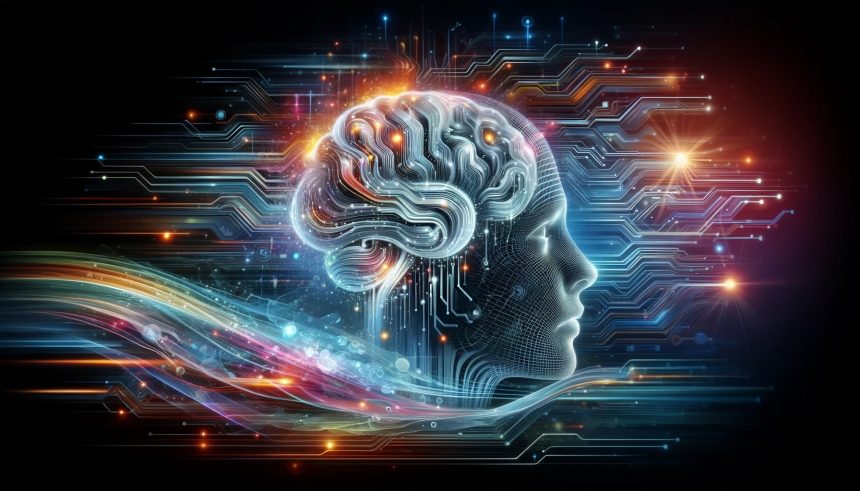Artificial Intelligence (AI) is rapidly reshaping various sectors, integrating seamlessly into daily operations and offering significant economic potential. As AI technologies become more pervasive, ensuring their reliability and transparency has become increasingly crucial for fostering user trust. Innovations in blockchain and Web3 technologies are stepping in to address these challenges, providing frameworks that enhance the accountability and openness of AI applications.
The landscape of AI development is evolving, with recent advancements emphasizing the importance of transparent and verifiable systems. Comparatively, earlier approaches to AI governance lacked the robustness needed to address widespread concerns about opacity and bias. Modern solutions now leverage decentralized technologies to create more trustworthy AI environments, marking a significant shift from previous methodologies.
How Can Blockchain Enhance AI Transparency?
AI algorithms often operate as “black boxes,” making it difficult for users to understand decision-making processes. By integrating AI with blockchain, companies can ensure that algorithmic decisions are transparent and traceable.
“Implementing blockchain allows us to create an immutable record of AI decisions, fostering greater accountability,”
said a representative from Space and Time (SxT).
What Role Do Decentralized Systems Play in AI Trust?
Decentralized systems distribute control across multiple nodes, reducing the risk of biases and unilateral decision-making. This approach not only democratizes AI oversight but also enhances its reliability by ensuring that no single entity can manipulate outcomes. Cartesi’s virtual machine, for example, enables decentralized AI development, making the processes more transparent and trustworthy.
Can Continuous Monitoring Sustain AI Reliability?
Ongoing evaluation is essential for maintaining AI performance and safety. Regular assessments help identify and rectify any discrepancies or biases in AI behavior, ensuring that the systems remain effective and secure.
“Continuous monitoring is key to sustaining user trust in AI technologies,”
emphasized an industry expert.
Addressing AI trust issues through Web3 technologies represents a pivotal advancement in the field. By embracing decentralized and transparent frameworks, the AI industry can mitigate risks associated with opaque algorithms and enhance overall system reliability. These innovations not only improve user confidence but also align AI development with broader regulatory standards, ensuring sustainable growth and integration.
As AI continues to expand its influence across various industries, the integration of blockchain and Web3 technologies will play a critical role in shaping its future. These technologies provide the necessary tools to create more transparent, accountable, and trustworthy AI systems, ultimately benefiting both businesses and consumers through enhanced reliability and ethical standards.










